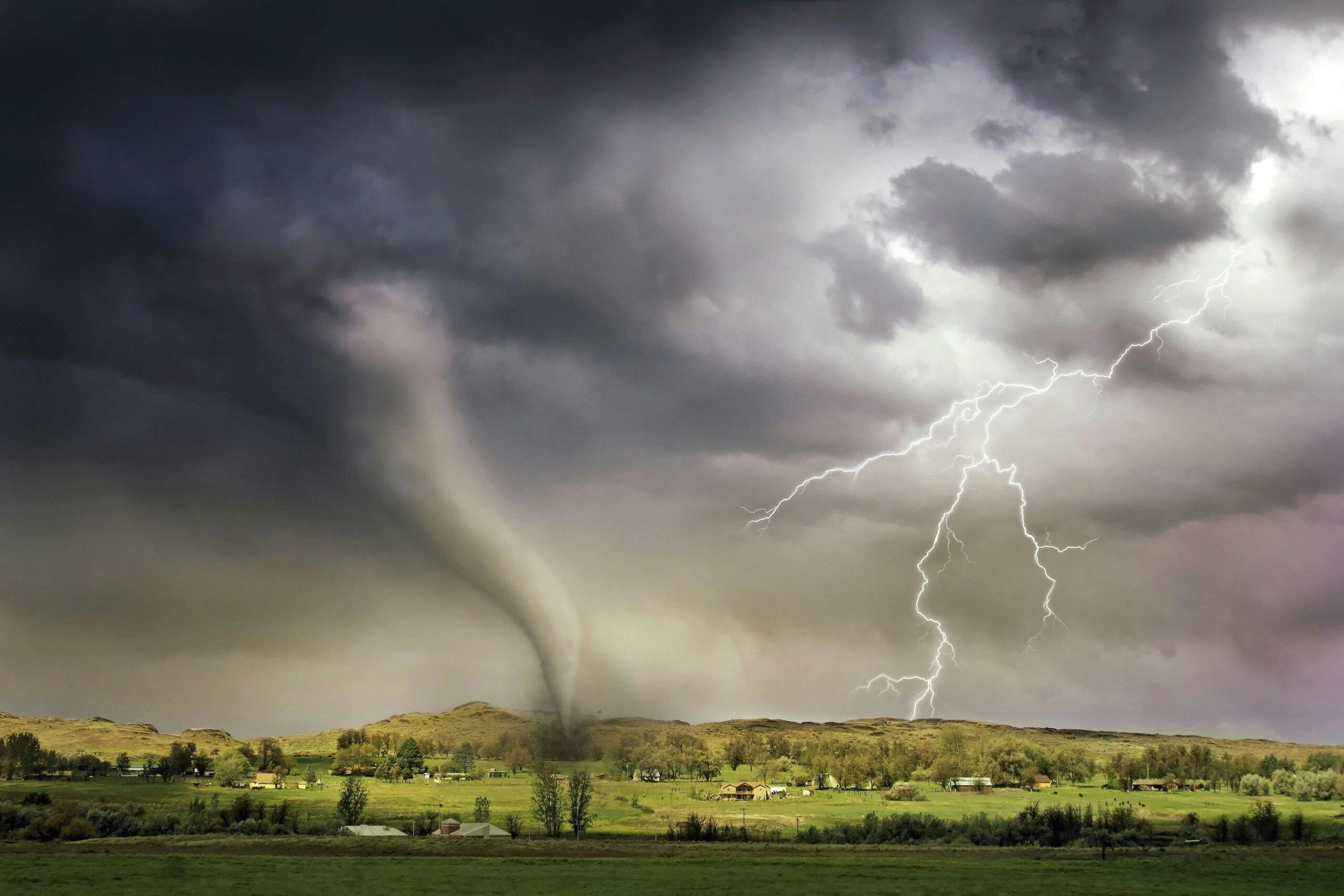The stock market is the reflection of economic confidence and corporate performance. However, it is influenced by global events. These events—ranging from geopolitical developments to natural disasters—can trigger significant market fluctuations and affect investors worldwide. Understanding the relationship between global events and stock market trends is important because it can help investors make informed decisions in both volatile and stable times, although it can be challenging. This understanding plays an important role in navigating the complexities of the market.
Geopolitical Events
Geopolitical events like wars, sanctions, or diplomatic conflicts can influence the stock market. These events create uncertainty. This often leads to a decline in investor confidence and increase market volatility. For example, during the beginning of the Russian-Ukrainian war in early 2022, global stock markets were declining quickly because investors feared a prolonged conflict and its impact on energy supplies. The conflict disrupted oil and gas supplies, making energy prices grow fast. This influenced stocks in the energy sector positively, however it impacted other sectors like transportation and manufacturing negatively. Investors most of the time react to uncertainties like this by reallocating their portfolios into safer assets like gold, bonds, or defensive stocks. Although resolution or progress in geopolitical tensions can lead to market recoveries, as we can see with past agreements or ceasefires, the overall environment remains unpredictable.
Economic Policy and Trade Agreements
Changes in economic policy often have big impacts on stock market. Central bank decisions on interest rates or trade policies between major economies can significantly alter investor sentiment. For instance, the U.S.-China trade war that began in 2018 caused significant stock market volatility. Sectors reliant on global supply chains—such as technology and manufacturing—experienced sharp declines. However, markets responded positively when temporary agreements were reached: this highlighted the sensitive link between policy announcements and market performance.
Natural Disasters and Pandemics
Natural disasters, pandemics and other large-scale disruptions can also move markets. The COVID-19 pandemic is a recent example of how unforeseen global health crises can impact the economy. In early 2020, markets around the world plunged as the pandemic forced lockdowns, disrupted supply chains and led to unprecedented unemployment rates. However, the rapid response from central banks and governments, including fiscal stimulus packages, helped stabilize markets. Some sectors, like technology and healthcare, even thrived during the pandemic, because of the need of digital solutions and medical supplies. Although some people faced difficulties, this situation revealed the resilience of certain industries. But, because of the challenges faced, many learned valuable lessons for the future.

Technological Innovations
Global events of technology advancements can also influence stock markets. For example, the spreading of artificial intelligence (AI) and green energy innovations reshaping industries means new opportunities for investors. The push for renewable energy is prompted by global environmental policies and events like the Paris Agreement. This has helped investors to make more investments in clean energy companies. Similarly, the sudden developments in AI technology have impacted the growth of tech stocks. Companies capitalize on the transformative potential of AI in various sectors. Although the market shows promise, there are risks because not all companies will succeed.
Investor Behavior and Market Psychology
Global events often impact the behavior of investors. Fear of the unknown can trigger panic selling. However, optimism about recovery or innovation can lead to market rallies. For instance, during a crisis, investors might be more interested in assets like U.S. Treasury bonds or gold, pulling money out of equities and causing broader market declines. Although the anticipation of post-crisis recovery can lead to rapid stock market growth, the situation remains unpredictable. After the initial COVID-19 downturn in 2020, markets rebounded sharply as investors anticipated economic recovery fueled by government stimulus and vaccine rollouts. However, not everyone was convinced of a lasting recovery.
Navigating Market Impacts
Investors can navigate impacts of global events by diversification and staying informed. A well-balanced portfolio, spread across various sectors, can help mitigate risks associated with global uncertainty. However, staying up to date on current events and their potential economic implications enables investors to anticipate market movements and adjust strategies accordingly. This is important, because it allows them to respond quickly and effectively.
Conclusion
Global events play an important role in shaping stock market trends, influencing everything from individual stock performance to broader market indices. If investors understand the connection between these events and market behavior, they can make informed decisions more easily and prepare more efficiently for both risks and opportunities. However, no one can predict the future. A combination of diversification, vigilance and long-term perspective can help investors navigate the ever-changing landscape of global markets. Although it’s challenging, this knowledge is essential because it allows people to adapt. But investors should remember that market dynamics can shift rapidly, making it crucial to stay alert.
References
How the Pandemic Changed Investor Behavior and Impacted Global Markets
